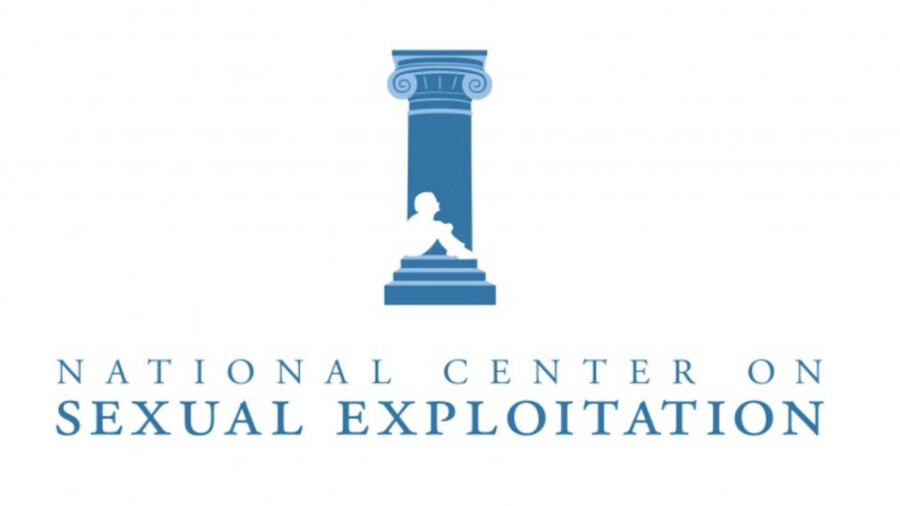
COSTA MESA, Calif. — Anti-porn group NCOSE — formerly known as Morality in Media — is co-sponsoring another lawsuit alleging a wide-ranging number of “human trafficking” violations, this time against companies associated with MindGeek’s Europe-based competitor WGCZ, the parent company of tube site XVideos.
The new civil lawsuit was originally filed by a class-action specialist lawyer from Orange County, California named Abbas Kazerounian, initially on behalf of a client only identified as Jane Doe. It named as co-defendants a diverse group of companies and individuals including WGCZ Holding, NKL Associates, Traffic F, GTFlix TV, FTCP, VS Media, HC Media, FBP Media, Serverstack, Digital Ocean Holdings and reported WGCZ owners Stephane and Deborah Pacaud.
Lawyers for NCOSE — an acronym for “National Center on Sexual Exploitation,” the name Morality in Media adopted in 2015 during a rebranding effort to conceal their religious origins — are listed among a number of legal entities supporting and seeking to be attached to Kazerounian’s complaint.
The organization issued a now-customary press statement taking credit for the lawsuit, claiming it was “was filed on behalf of Doe by the National Center on Sexual Exploitation Law Center (NCOSE) together with five other survivor-focused and commercial litigation law firms.”
Section 230 and Jurisdictional Issues
The suit, echoing the language of NCOSE’s current lawsuit against MindGeek and Pornhub, alleges that WGCZ, XVideos and the other named defendants “financially benefited from, or otherwise participated in, a sex trafficking venture in which the Plaintiff was a victim” and that the plaintiff, “who was under 18 years of age at the time of filming, was depicted in commercial sex acts and child pornography, which was then made available for viewing on websites owned or operated by the Defendants.”
The lawsuit claims that the defendants, who own or host online platforms currently shielded from liability by Section 230, are liable for illegal content uploaded by third parties.
But the lawsuit also presents — over several pages — a wide-ranging condemnation of online content moderation specifically of adult sites, supporting the claim that this should be a class action suit. The issues raised are known general moderation issues that are also part of current debates over Section 230, but they are described in the exact language favored by NCOSE to single out the adult industry for specific censure.
The lawsuit also mentions FOSTA/SESTA in support of these broad arguments and culminates in a request to demand specific moderation practices to be imposed on adult websites only.
Since several of the defendants and businesses are actually based in Europe, legal experts consulted by XBIZ have indicated that a motion to dismiss the California lawsuit for lack of jurisdiction is inevitable.
